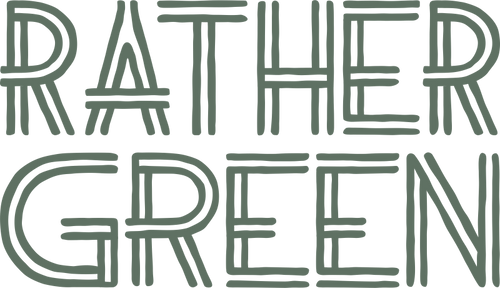Nano Plastics
Nanoplastics basically mean pieces of plastic even smaller than microplastics.
Like, REALLY SMALL.
And the thing with plastic is that, the smaller the pieces,
the bigger the damage it does.
Nanoplastics are so small we can't even see them with the naked eye.
And they’re actually everywhere, from the air we breathe to the food we eat.
They are so tiny they can actually go through cell membranes and get right in there, causing all sorts of trouble.
They also tend to attract one another, accumulating inside our organs.
The exact health effects on humans are still being studied, but there are studies on animals linking micro and nanoplastics to infertility, inflammation and cancer.
Some of the main sources of nanoplastics:
- TEXTILES made of synthetic materials, like polyester and nylon.
- MICROBEADS: Tiny plastic spheres made to create exfoliating effect in cosmetics and toothpaste.
- Plastic pieces, such as plastic bottles and bags, that wear out or are degraded by environmental factors.
SMALL TRAVELER, BIG TRIP.
1st STOP
Plastic waste reaches a natural environment, such as the ocean.
A very interesting example: textiles. One single wash of synthetic clothes (polyester, polycotton, nylon, etc) releases hundreds of thousands of plastic particles, which eventually reach the oceans.
2nd STOP
Microplastics enter the food chain by being eaten by crustaceans, that try to digest them, and by doing so break them down into nanoplastics.
3rd STOP
Fish and other animals breathe water and accumulate nanoplastics in their organs and tissues.
4th STOP
Crustaceans, fish and other marine animals are eaten by other species, like us, humans.
OMG, so what do I do?
SOME TIPS:
- When purchasing clothing and accessories, read the labels and stick to natural fibres such as cotton (preferably organic) and hemp.
- Be mindful of how much plastic you purchase and waste on a daily basis, and look for ways to reduce it.
- If something HAS to be made of plastic, choose durable long lasting options, which preferably can be passed on to another person later on.

